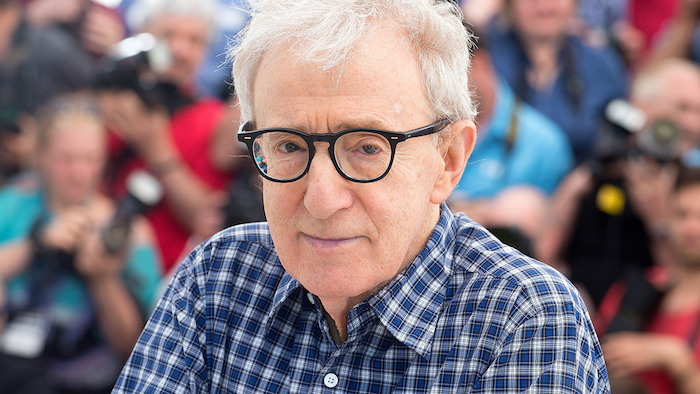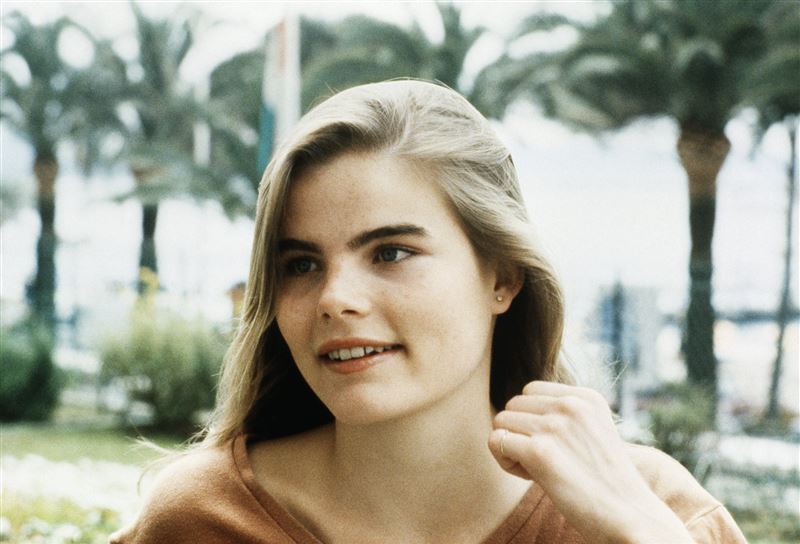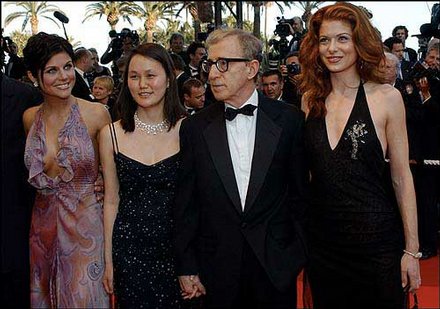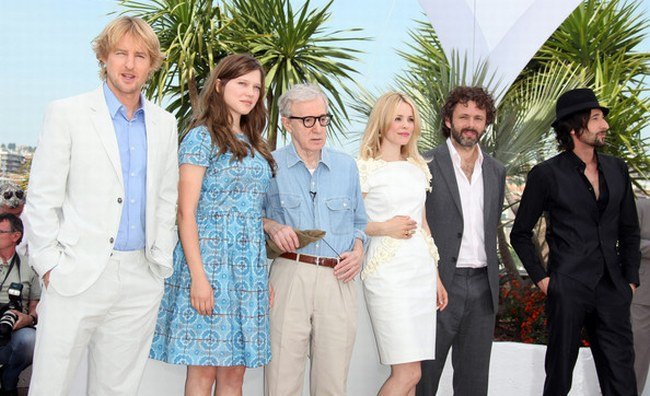REMEMBERING TERI GARR: FIVE ROLES THAT WE ADORE
A beloved film presence, Teri Garr has passed away aged 79 after a long, courageous battle with Multiple Sclerosis. From her beginnings as a chorus dancer in Elvis Presley films, to a vast resume of television appearances, to a film career peppered with too-few leads and a myriad of perfect character parts, Garr was Hollywood’s ‘ace-in-the-hole’ for over five decades. When a project needed some moments of support-player magic, Teri Garr was as good as the industry has ever known…

In the hours after her passing, her Mr. Mom co-star Michael Keaton wrote, “Forget about how great she was as an actress and comedienne, she was a wonderful woman. Not just great to work with but great to be around. And go back and watch her comedic work; man, was she great! R.I.P., girl.”
We recall our five favourite Teri Garr big screen performances:
 CLOSE ENCOUNTERS OF THE THIRD KIND (Dir: Steven Spielberg; 1977) As ‘Ronnie Neary’, the wife and mother who had to hold the family together as husband Roy (Richard Dreyfuss) succumbed to his UFO obsession, Garr lent on her dramatic acting training at New York’s Lee Strasberg Institute to keep Spielberg’s fantasy epic grounded in its suburban reality and deep emotion. She remains one of the director’s great ‘movie moms’ alongside Goldie Hawn in The Sugarland Express; co-star Melinda Dillon; Lorraine Gary in Jaws; and Dee Wallace in E.T.
CLOSE ENCOUNTERS OF THE THIRD KIND (Dir: Steven Spielberg; 1977) As ‘Ronnie Neary’, the wife and mother who had to hold the family together as husband Roy (Richard Dreyfuss) succumbed to his UFO obsession, Garr lent on her dramatic acting training at New York’s Lee Strasberg Institute to keep Spielberg’s fantasy epic grounded in its suburban reality and deep emotion. She remains one of the director’s great ‘movie moms’ alongside Goldie Hawn in The Sugarland Express; co-star Melinda Dillon; Lorraine Gary in Jaws; and Dee Wallace in E.T.
YOUNG FRANKENSTEIN (Dir: Mel Brooks; 1974) What wasn’t often exploited in most of Teri Garr’s performances (to her credit) is just how damn beautiful she is. When casting the voluptuous lab assistant ‘Inga’, Mel Brooks recognised Garr would not only be able to nail the inspired comedic moments in his script, but also emerge as one of the 70’s most desirable ‘movie stars,’ in a role that called for all that moniker entails. Her line “Vould you like to have a roll in ze hay?” remains a comedy classic.
ONE FROM THE HEART (Dir: Francis Ford Coppola; 1981) Director Francis Ford Coppola had cast Garr in his 1974 paranoia classic The Conversation, opposite Gene Hackman (who she’d reteam with 24 years later for the romance Full Moon in Blue Water) and his 1979 production, The Black Stallion, directed by Carroll Ballard. So great was his faith in the actress, Coppola chose her as the female lead in his mega-budgeted musical One From The Heart, a dark song-and-dance love story that drained the director’s Zoetrope Studios of every penny and goes down as one of the filmmaker’s great follies. Garr, who got to draw on her ballet roots as dreamer/travel-agent ‘Frannie’, is luminous in the film.
 TOOTSIE (Dir: Sydney Pollack; 1982) The Academy finally catches up with what audiences had embraced for the best part of a decade - that Teri Garr is one of the great support stars in Hollywood’s history. She earned her first (unbelievable) and only (also, unbelievable) Oscar nomination, for Supporting Actress in Sydney Pollack’s blockbuster Tootsie. It’s the perfect American comedy, rich with hilarious characterisations deep into the cast list - Hoffman, of course, but also Dabney Coleman, Bill Murray, George Gaynes, Charles Durning and Jessica Lange - who took out the coveted trophy. Lange’s very good, of course, but…really?...
TOOTSIE (Dir: Sydney Pollack; 1982) The Academy finally catches up with what audiences had embraced for the best part of a decade - that Teri Garr is one of the great support stars in Hollywood’s history. She earned her first (unbelievable) and only (also, unbelievable) Oscar nomination, for Supporting Actress in Sydney Pollack’s blockbuster Tootsie. It’s the perfect American comedy, rich with hilarious characterisations deep into the cast list - Hoffman, of course, but also Dabney Coleman, Bill Murray, George Gaynes, Charles Durning and Jessica Lange - who took out the coveted trophy. Lange’s very good, of course, but…really?...
AFTER HOURS (Dir: Martin Scorsese; 1985) Full disclosure - After Hours is our favourite Scorsese film, not least because of a dazzling Teri Garr as Julie, the achingly-sweet but also slightly off-kilter romantic whose skills as a portrait artist amps up the late night odyssey in which Griffin Dunne’s Paul finds himself. ‘Julie’ is why Garr in her prime was a Hollywood gemstone; just a few fleeting moments of her presence lit up an entire scene…hell, an entire movie. See also Michael Winner’s Won Ton Ton: The Dog That Saved Hollywood (1976); Carl Reiner’s Oh, God! (1977); John Schlesinger’s Honky Tonk Freeway (1981); and Jim Kouf’s Miracles (1986).
 Simon Foster
Simon Foster












